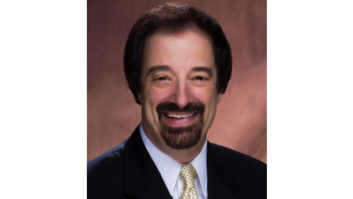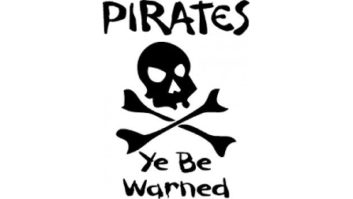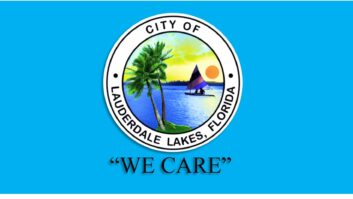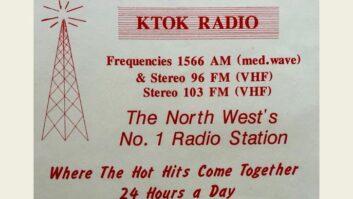Another legislative step has been taken in the effort to fight illegal pirate radio operations.
On May 8, Rep. Leonard Lance (R-NJ) and Rep. Paul Tonko (D-NY) formally introduced a bill to Congress designed to thwart and penalize illegal radio operations.
Known as the ‘‘Preventing Illegal Radio Abuse Through Enforcement Act,” the PIRATE Act will increase the ability of the Federal Communications Commission to crack down on pirate activity by increasing fines, streamlining enforcement and placing liability those who facilitate illegal radio broadcasts.
“It is time to take these pirates off the air by hiking the penalties and working with the Federal Communications Commission on enforcement,” Lance said in a statement. Chairman Pai and Commissioner O’Rielly have been able partners in making sure these broadcasts are stopped. This bill will give the FCC even more tools to take down these illegal broadcasts.”
As a commissioner who has long been searching for more Congressional authority to address pirate radio operations, FCC Commissioner Michael O’Rielly commended the effort after the news was announced.
“This bill rightfully increases the penalties, requires regular enforcement sweeps, and augments the tools available to the commission, which are woefully inadequate and outdated, to deal with illegal pirate broadcasters,” O’Rielly said in a statement.
O’Rielly noted that the bill notably excludes legitimate Part 15 operations — those radio hobbyists who have authority to operate without a license as long as their ERP levels remain below a specific threshold.
“While I defer to the legislative process, I think the PIRATE Act has a great chance of becoming law and helping stomp-out this illegal activity,” O’Rielly said.
The bill has been endorsed by several groups including the New Jersey Broadcasters Association, which said it has been calling for an initiative such as this for several years. “Congressman Lance has championed this legislation in an effort to protect communities from the harmful and potentially life-threatening consequences of the many illegal pirates operating in or near New Jersey,” said Paul S. Rotella, NJBA president and CEO. “This is a significant national enhancement of penalty and enforcement for those who would violate our airwaves and should give such offenders pause,” he said.
In a release expressing its support for the bill, Rotella said that members of the public may not understand the real danger that pirate radio operators pose. He pointed to potential interference to the Emergency Alert System as well as the creation of excessive RF radiation to residents and businesses in buildings with pirate radio station operations.
New Jersey is one state with a statute against pirate operations; in the Garden State, it is a forth degree felony to operate a pirate radio station, with penalties of up to $10,000 in potential liabilities and a maximum of 18 months in prison, the NJBA said. The PIRATE Act will offer a “meaningful nationwide remedy” against pirate radio operators, the organization said, since many states do not have such pirate radio laws in place.
The amendment to the Communications Act of 1934 gives “real teeth to stop these violators and keep them out of business,” Rotella said.
[Read: Support Across the Aisles for PIRATE Act]
As reported in Radio World, the PIRATE Act proposes to hike the fine for violations to as much as $100,000 per day, with a maximum fine of $2 million. The rules currently allow the FCC to impose a maximum daily penalty of about $19,200 per day. At a Congressional hearing on the bill in March, New York State Broadcasters Association President David Donovan told lawmakers that illegal operators are undermining the nation’s Emergency Alert System, causing invasive and insidious interference, pose potential public health problems due to overexposure to radio frequency radiation, and interfere with airport communications.
“[O]ur communities are better served when broadcasting is governed by the rule of law,” Tonko said. “[This is] important legislation that will ensure our airwaves are protected from piracy and Americans on the job or on their way to work can tune their radios in peace.”






